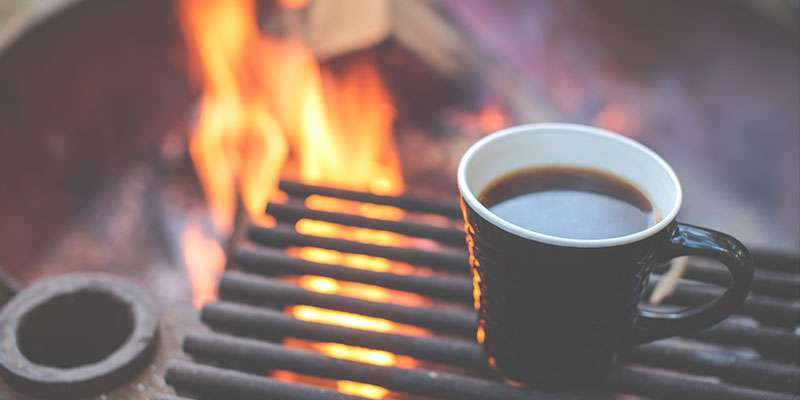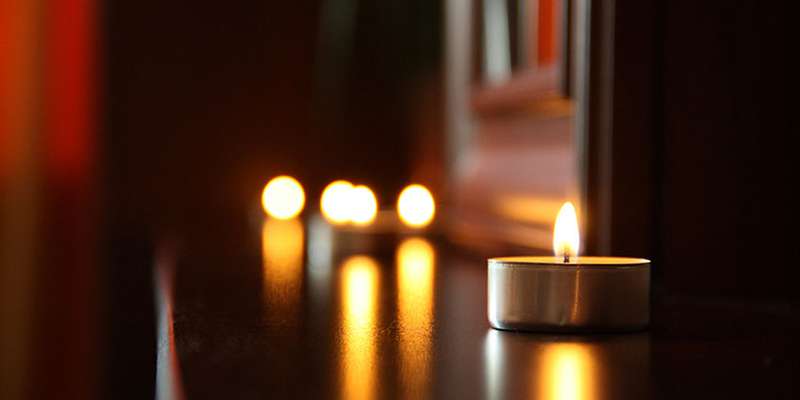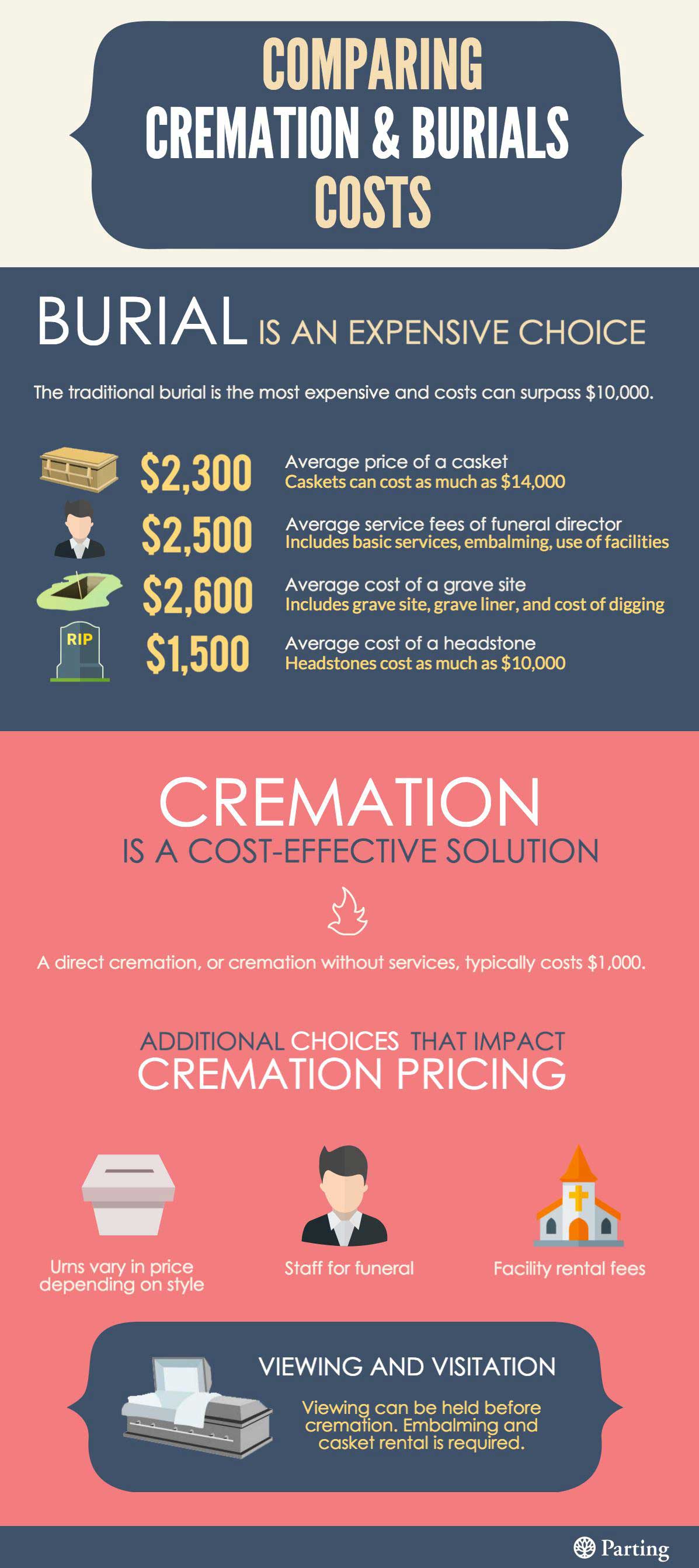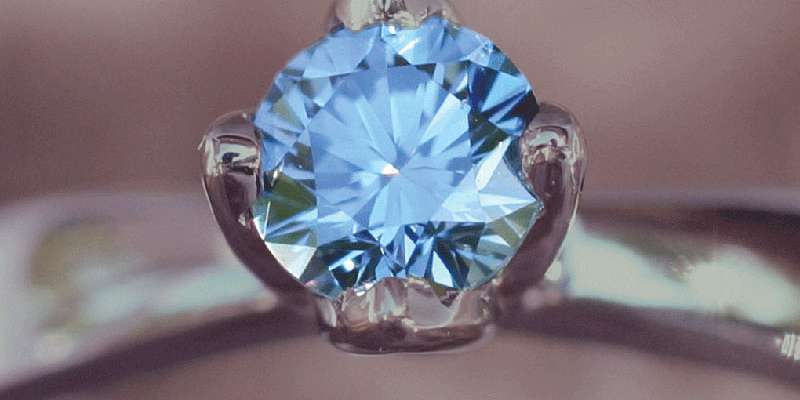Choosing certain types of funeral or cremation arrangements can eliminate many unnecessary funeral costs. Choosing wisely will prevent you from being charged for lots of “extras” no one told you about.
Since most families do not plan funerals very often, they usually don't realize what's included (or excluded) in the decisions they make. All too often a family simply agrees to the funeral director's recommendations - only to end up surprised when their final bill is 30% higher than expected.
Even though many of the goods and services offered by a funeral home are priced on an individual basis, certain selections you make will automatically trigger additional costs. Unfortunately, most families don't find out about these additional costs until after the service is over and they get the funeral director's bill.














